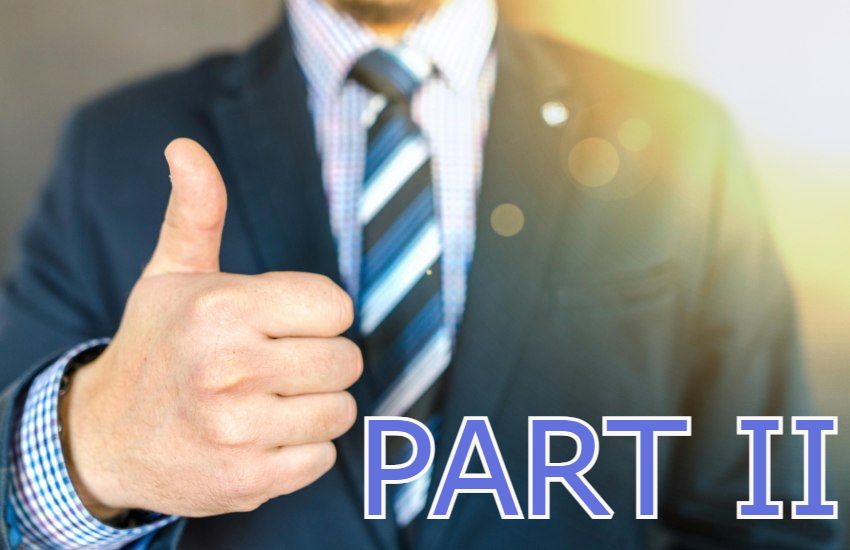Share

During law school, Georgetown Law graduate Drake Hagner knew she wanted to enter the field of community-oriented public interest law and volunteered at several clinics, where she gained experience in areas of the law including domestic violence, housing, homelessness and disability rights. She found that poverty was at the root of many other social justice issues, and became interested in how the law could be used as a tool to help people in poverty. Drake was awarded an Equal Justice Works Fellowship to represent low-wage workers in Washington, DC through her DC Unemployment Insurance Justice Project.
8:30 a.m. Meet my client at Court to go over final preparations before his hearing. Many of my clients have never worked with a lawyer before, let alone been in court. The best way I can help my clients prepare for court is to counsel them carefully and to work with them closely. This pre-hearing meeting is the culmination of several hours-long meetings I’ve had with the client over the course of the past few days. In these meetings, I go over the materials I’m preparing, the theory of our case and try to help prepare clients for what the courtroom experience will be like, by practicing doing a direct examination with them before we are in front of the judge.
9:00 a.m. When I’m not in a hearing, a more typical morning involves client meetings, time spent researching and investigating cases, legal research on what the best arguments are for my client, drafting briefs, making phone calls to the agency that administers unemployment benefits and trying to advocate on behalf of my clients to resolve any possible issues before we go to court.
9:30 a.m. Hearing begins. A hearing can last anywhere from two to four hours. Unemployment cases have expedited timelines, which means that everything must happen within a quick time frame. Hearings are typically scheduled within two weeks, and I might meet a client only a week before they have to go to court.
12:00 p.m. Take a lunch break. I usually bring my lunch to the office, but I like to also take some time to get away from my desk and out of the office. A brisk walk does wonders to clear my head and restore my focus for the rest of the day.
1:00 p.m. On hearing days, I meet with my client again after court to discuss how things went and counsel them about ongoing matters and upcoming issues related to their benefits. Hearings take up most of my day, and when I return to the office later, I have to catch up on emails, voicemails and any urgent matters for other client cases I have going on.
2:00 p.m. On Tuesdays, I have weekly internal meetings within Legal Aid. Legal Aid is divided up into different substantive practice areas and I’m part of the public benefits unit, which is a team of nine people, including two supervising attorneys, five staff attorneys, one paralegal, multiple interns and a volunteer staff attorney (a retired law firm attorney). Meetings usually run for about two hours, during which we go over cases, help each other problem-solve, talk about different problems that we’re seeing and divide up all the new cases that have come in that week. We have about seven to ten low-wage workers who come to us every month looking for legal help. I typically take on one to two hearings a month and some of the other non-court cases that come through our door, which might involve brief-writing or agency advocacy. In addition to unemployment cases, I also do disability cases for people with disabilities who are seeking social security benefits and help people with their food stamps and medical assistance, such as Medicaid and Medicare.
3:00 p.m. On some afternoons, I attend external meetings, as Legal Aid also partners with several outside coalitions. For example, I might attend a meeting with staff and managers from the Social Security Office located in Anacostia, which serves the lowest-income area in the city. The District of Columbia still has entrenched racial and economic segregation, and Anacostia is afflicted with Depression-era levels of unemployment at about 22%. I think these kinds of face-to-face meetings with government officials are such a great model for trying to tackle systemic problems from the inside.
I also participate in a Language Access group for all of the DC metropolitan area hosted by an organization which runs a local community interpreter bank. Almost half of my clients have limited or no English proficiency. I’ve had clients who speak Spanish, French, Amharic, Vietnamese, as well as two deaf clients, so it’s very common to need interpreters to work closely with lawyers.
4:00 p.m. Another part of my work involves mentoring law firm attorneys who volunteer to represent our unemployment clients pro bono. Legal Aid recently launched an unemployment insurance pro bono project, and I work with two law firms, one of which is my Equal Justice Works sponsor, Arnold & Porter LLP. The second law firm is McKenna Long & Aldridge LLP. As part of the project, I host trainings about unemployment law for litigation associates and do one-on-one mentoring with them over the phone after they accept a case. This program allows us to expand the number of people we can serve and helps us build a bigger network of people who take on these cases. Many legal services attorneys don’t have the luxury of working in a team with other lawyers on one case. The conversations benefit both of us: I learn from their litigation experiences and we help them with the fast-paced, quick-on-your-feet learning we often have to do in these types of cases. Since November 2012, we have returned more than $45,000 in unemployment benefits to our clients, so this pro bono project is really exciting.
6:30 p.m. I’m usually out the door by this time unless I have an upcoming hearing. When I have hearings, I sometimes work evenings and weekends to get in some extra prep time. My favorite part of my job is working with my clients, which includes collaborating with them on their cases and counseling them about the law. I learn so much from each case and from every client in terms of how they manage their lives and deal with such complex challenges. I find my clients very inspiring.
Share
Recommended Articles
Want to be found by top employers? Upload Your Resume
Join Gold to Unlock Company Reviews








